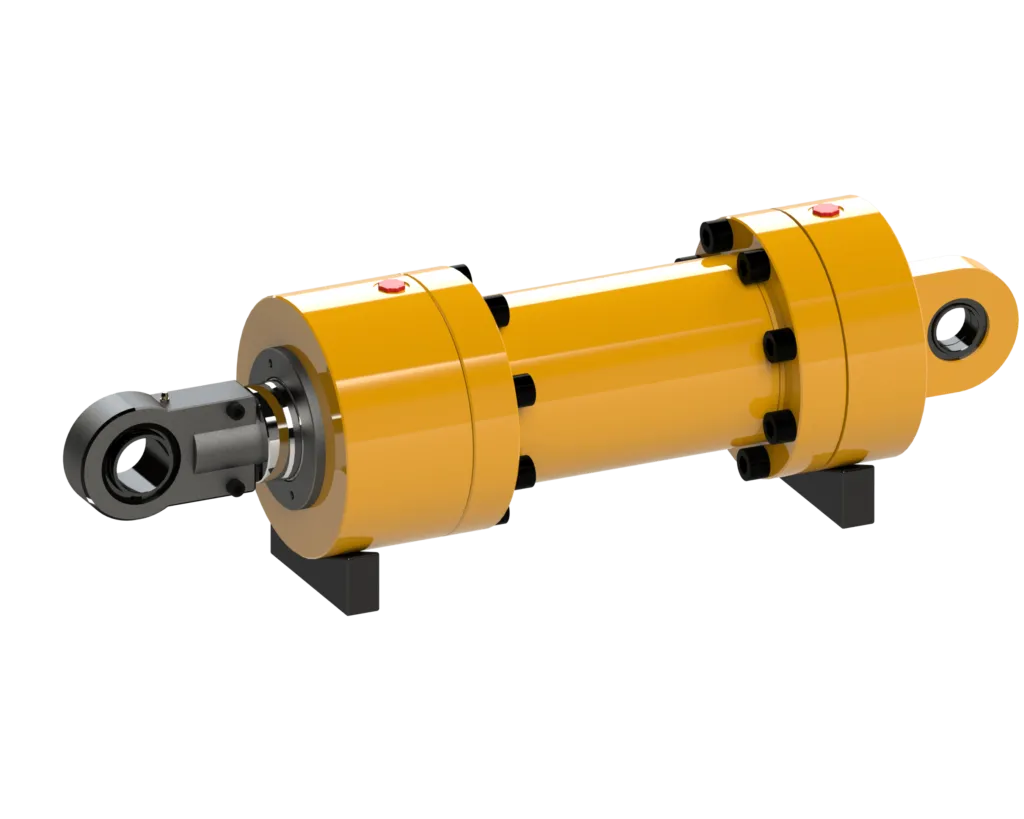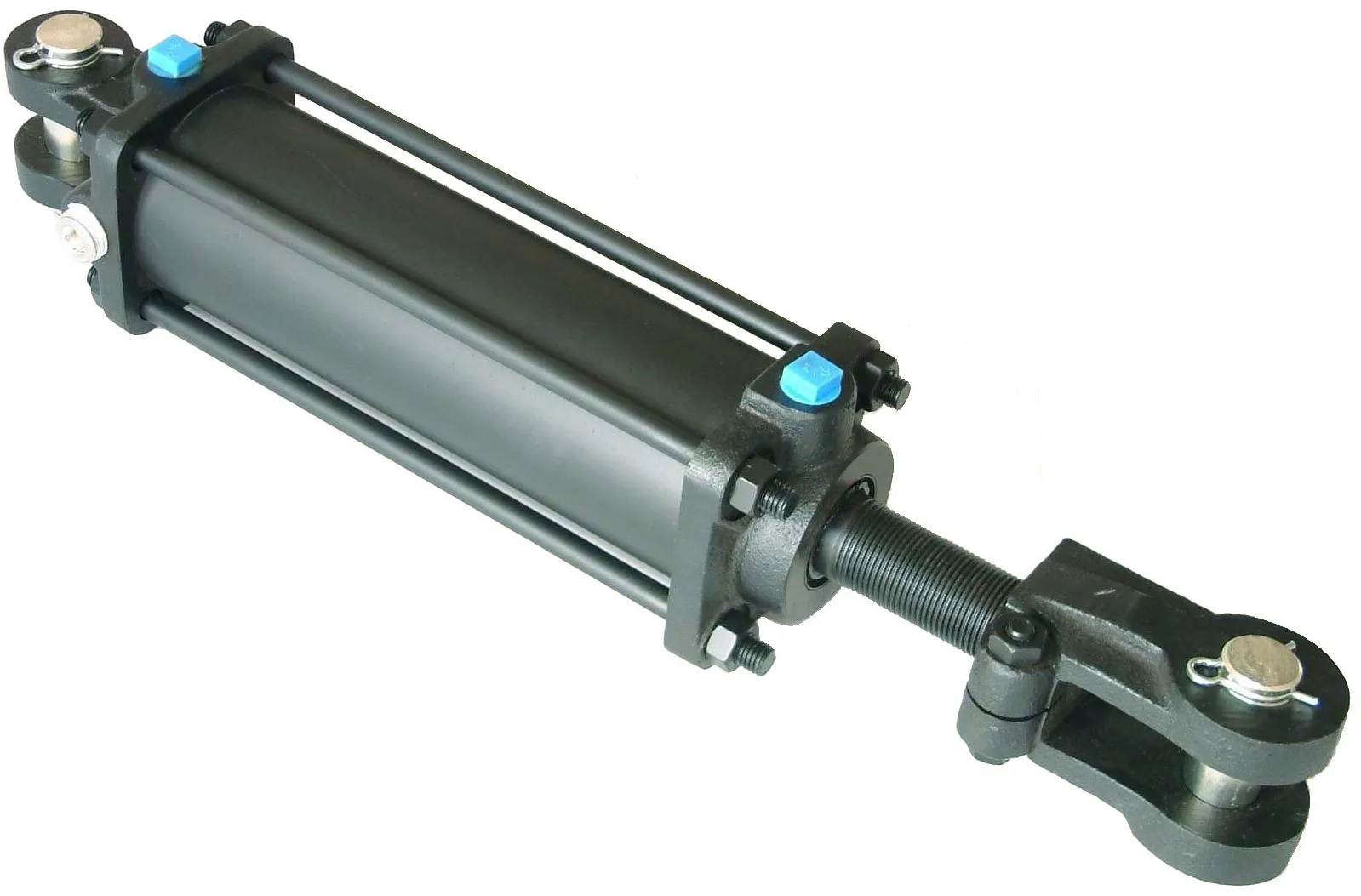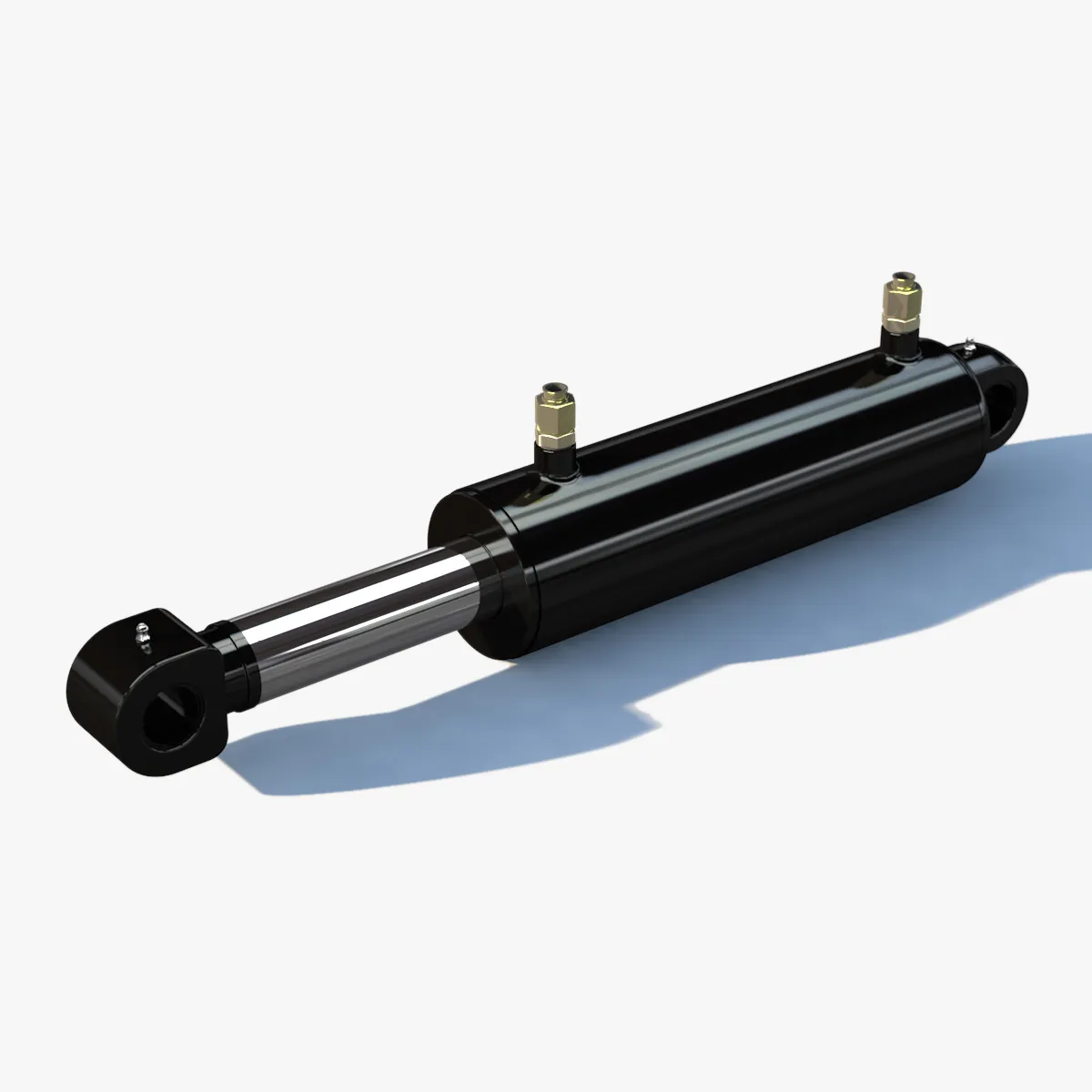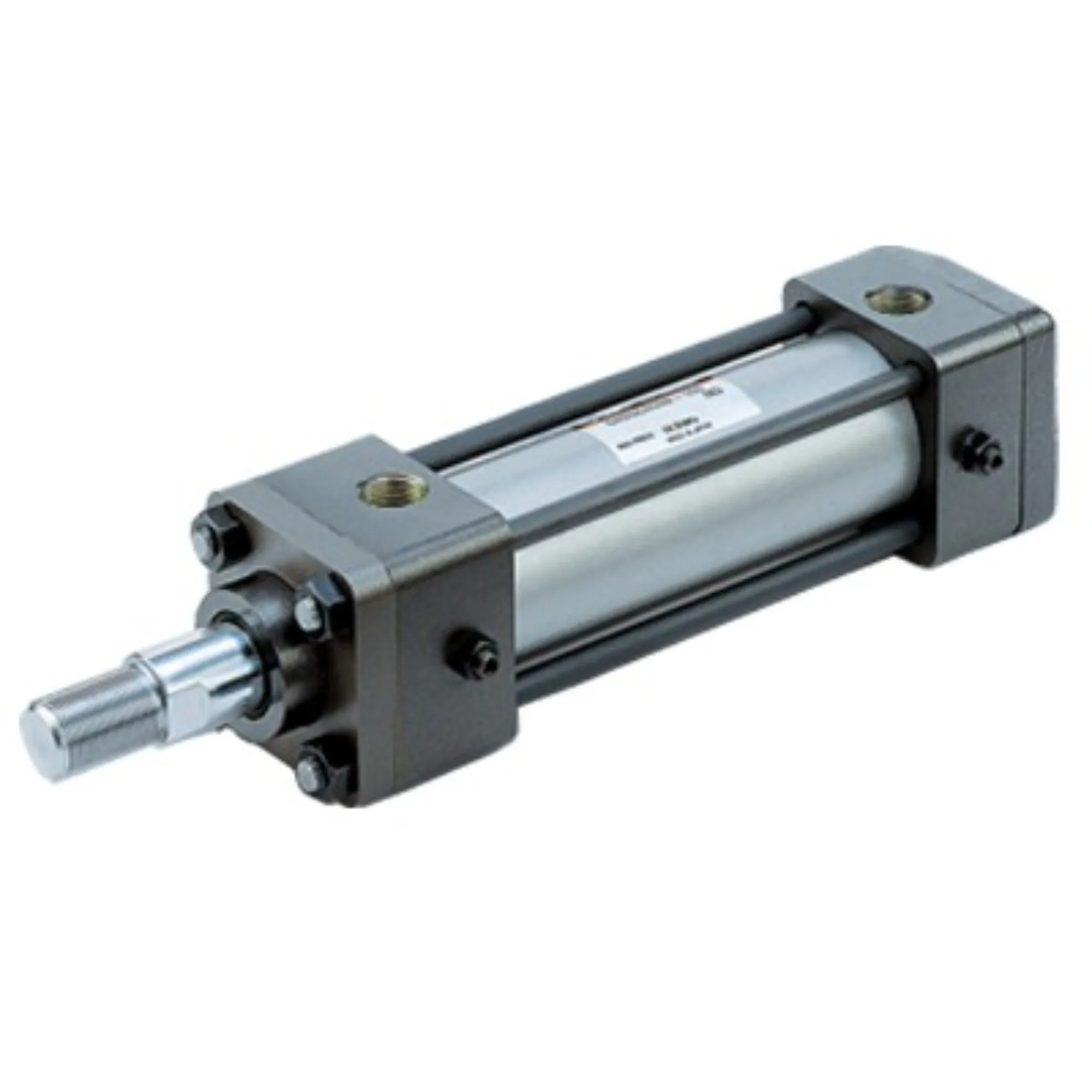Understanding Double Rod Single Acting Hydraulic Cylinders and Hydraulic Fluid Types
When it comes to hydraulic systems, the choice of hydraulic fluid is as crucial as the components involved. Double rod single acting hydraulic cylinders are specialized devices that utilize hydraulic pressure to create linear motion. Understanding the types of hydraulic fluids applicable to these cylinders is essential for optimal performance and longevity.
What is a Double Rod Single Acting Hydraulic Cylinder?

A double rod single acting hydraulic cylinder is designed to exert force in one direction and return to its original position using a spring or gravity. Unlike standard single-rod cylinders, which have a rod extending from only one side, double rod cylinders feature rods on both sides. This design allows for better balance and stability, especially in applications requiring precise positioning.
Applications of Double Rod Single Acting Hydraulic Cylinders
Double rod single acting hydraulic cylinders find their utility in various industries, such as:
- Construction Equipment
- Material Handling
- Aerospace
- Automotive
- Manufacturing
These cylinders are ideal for applications where space is limited or where the load needs to be kept balanced during operation.
Types of Hydraulic Fluids
The choice of hydraulic fluid is critical for the performance and reliability of hydraulic cylinders. Different fluids have varying properties that affect the operation of hydraulic systems. Below are the primary types of hydraulic fluids commonly used:
1. Mineral Oil-Based Fluids
Mineral oil-based hydraulic fluids are the most widely used type. These fluids are derived from refining crude oil and are often used in both low and high-temperature applications. Characteristics include:
- Good lubrication properties
- High flash points
- Excellent anti-wear properties
However, they may have environmental concerns due to potential spills or leaks.
2. Water-Based Fluids
Water-based fluids, including water-glycol and water-oil emulsions, are environmentally friendly alternatives. They are less flammable than mineral oils but offer lower lubrication properties. Their main advantages include:
- Non-flammable
- Lower toxicity
- Better cooling properties

These fluids are often used in applications where fire hazards are a concern.
3. Biodegradable Fluids

Biodegradable hydraulic fluids are derived from renewable resources and are designed to break down naturally in the environment. They are increasingly popular due to their eco-friendly properties. Key benefits include:
- Minimal environmental impact
- Reduced toxicity
- Good lubrication properties
These fluids are ideal for applications in sensitive environments like agriculture and forestry.
4. Synthetic Fluids
Synthetic hydraulic fluids are engineered to provide superior performance under extreme conditions. They have a wide operating temperature range and often offer better lubrication and protection against wear. Their advantages include:
- High thermal stability
- Low volatility
- Excellent lubrication properties
Synthetic fluids are often employed in aerospace and high-performance machinery.
Choosing the Right Hydraulic Fluid
Selecting the appropriate hydraulic fluid for a double rod single acting hydraulic cylinder is vital. Consider the following factors:
1. Operating Temperature
Different fluids have varying temperature tolerances. Ensure that the selected fluid can withstand the operating temperature range of your system.
2. Environmental Impact
Choose fluids that minimize environmental impact. For instance, biodegradable fluids are preferable in eco-sensitive areas.
3. Lubrication Needs
Evaluate the lubrication properties required for your hydraulic system. Some applications may demand higher lubrication, while others might prioritize fluid stability.
4. System Compatibility
Ensure that the hydraulic fluid is compatible with the materials used in your hydraulic system. Incompatible fluids can lead to premature wear or failure.
Maintenance and Monitoring of Hydraulic Fluids
Regular maintenance and monitoring of hydraulic fluids can prolong the life of your hydraulic cylinders. Consider the following practices:
1. Regular Fluid Changes
Schedule regular fluid changes to prevent the buildup of contaminants and ensure optimal performance. Follow the manufacturer’s guidelines for fluid change intervals.
2. Fluid Testing
Conduct regular tests on hydraulic fluids to assess their viscosity, contamination levels, and overall condition. This proactive approach can help identify potential issues before they lead to failures.
3. Filtration Systems
Invest in quality filtration systems to keep the hydraulic fluid clean. Contaminants can significantly affect the performance and longevity of hydraulic components.
4. Monitoring Temperature and Pressure
Keep an eye on the temperature and pressure levels in your hydraulic system. Abnormal readings can indicate problems that require immediate attention.

Conclusion
Understanding the types of hydraulic fluids and their applications in double rod single acting hydraulic cylinders is essential for maximizing performance and efficiency. By selecting the right fluid and adhering to proper maintenance practices, you can ensure that your hydraulic system operates smoothly and reliably.
For those looking for high-quality double rod single acting hydraulic cylinders and hydraulic fluid solutions, consider exploring EVER-POWER’s extensive range of products and expert services. Their commitment to quality and performance makes them a trusted partner in hydraulic system solutions.
